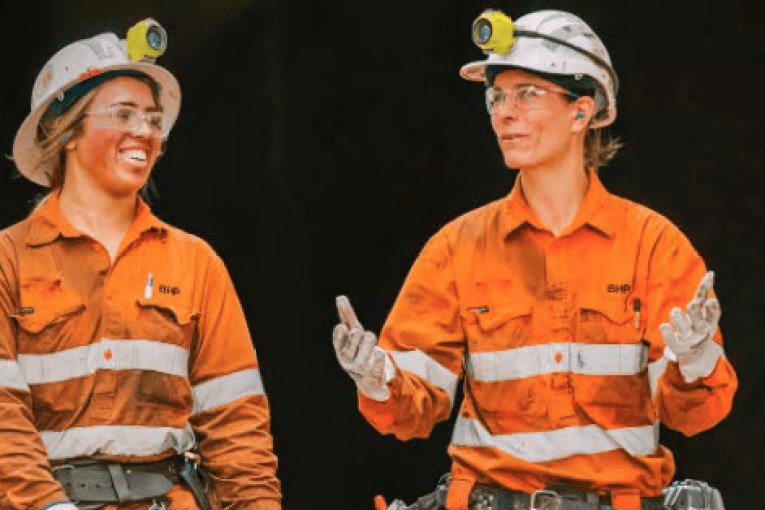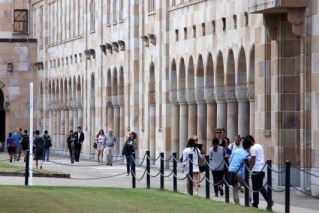Cape bauxite miner may stall its expansion as market stumbles
Cape York bauxite miner Metro Mining expects it will have to bring forward its wet season shutdown and may stall its expansion because of the COVID-19 impact on the market.


Bauxite miner MMI is considering extending its wet season shutdown and delaying its expansion
The Brisbane based company has previously received $47 million in debt funding for its expansion from the Federal Government’s Northern Australia Infrastructure Facility, but said potential customers remained unwilling to commit to offtake agreements because of the impact of COVID-19 on markets.
It reported strong production for its second quarter with shipments exceeding the upper end of forecasts by 14 per cent.
The company said it was receiving strong support from its foundation customer, Xinfa, but unless it was able to generate sales beyond that contract it would bring forward the mine shutdown to September and re-open in April.
But if additional sales were made it could re-open in 2020 or even continue mining operations.
Bauxite is the base material in aluminium production and prices for the metal have returned to pre-COVID levels. MMI said other indicators showed the market was normalising but consumers were not yet confident enough to sign contracts.
“The current rally is anticipated to have a modestly positive impact on US dollar prices received in the September quarter relative to prices received in the June quarter,” the company said.
It said any new sales would be impacted by high bauxite levels held by refineries, travel restrictions, lack of certainty and the strengthening Australian dollar.
MMI said the timing of its expansion decision was being influenced by these market factors and potential customers were were not prepared to enter into offtake agreements.
“As a result of these and any further potential delays, completion of the stage two is not expected to occur until late 2021 at the earliest. Production next year year would therefore likely be betwee 4 million tonnes to 4.5 million tonnes depending on the precise timing of commitment to stage two,” MMI said.












